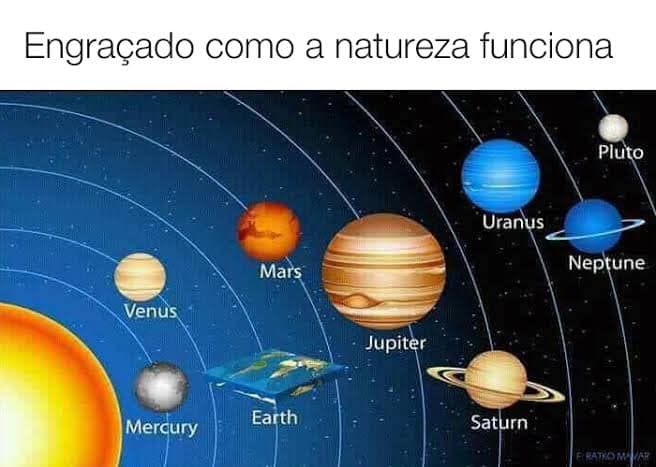Hondurans surround Brazil embassy
Fonte:
http://news.bbc.co.uk/2/hi/americas/8269722.stm
Honduran security forces are patrolling the area around Brazil's embassy in the capital after clashes with supporters of ousted president Manuel Zelaya. Mr Zelaya, who is inside after making a surprise return from exile, accuses interim authorities of "asphyxiating" the embassy by cutting off supplies. Brazil's president has warned against any action being taken on the embassy. Interim leader Roberto Micheletti has denied any action is planned, and has urged Mr Zelaya to turn himself in.
Mr Zelaya's supporters defied a curfew imposed by interim authorities Mr Zelaya arrived in the Honduran capital, Tegulcigalpa, on Monday nearly three months after being forced out of the country at gunpoint, saying he wanted peaceful dialogue.
The US, Brazil and other governments have joined Mr Zelaya in calling for a negotiated settlement to the crisis. curfew has been imposed, airports shut and roadblocks set up on highways leading into Tegucigalpa.
Brazilian warning
Early on Tuesday soldiers used truncheons, tear gas and rubber bullets to disperse thousands of Mr Zelaya's supporters, and are now patrolling the area around the embassy.
The Brazilian authorities recognise that their staff in Honduras are caught up in a very delicate situation. The ambassador is back in Brazil, there is only a charge d'affaires and a very small team, with not much security. Brazil insists that Mr Zelaya's arrival at the embassy was unexpected and that by allowing him to stay they only did what any democratic government would have done.
Nonetheless it is clear where the sympathies of the Brazilian authorities lie. They regard Mr Zelaya as the legitimate president of Honduras and say there is no question of either handing him over to the military forces outside or asking him to leave.
One official told me "he is welcome to stay for as long as he wants".
Mr Micheletti congratulated the armed forces on the operation, saying there had been "not one death".
Hospital officials said up to 20 people had been treated for injuries.
The demonstrators had defied a curfew imposed by authorities on Monday afternoon until Tuesday evening.
Some 70 supporters of Mr Zelaya are reported to be inside the embassy.
The lights, water and telephones were cut off on Monday and the only contact is by mobile phone, Brazilian media say. A generator is being used to provide electricity.
Interim authorities were employing a strategy of "asphyxiating the embassy by surrounding it, cutting off the food supply, asphyxiating the people inside in order to demonstrate their force and power", Mr Zelaya told Venezuela's Telesur TV earlier on Tuesday.
The US state department said the US embassy in Tegucigalpa had been in contact with the Brazilian mission to discuss "what kind of assistance that we can provide to help them during this crisis", spokesman Ian Kelly reportedly said.
TIMELINE: ZELAYA OUSTED
28 June: Zelaya forced out of country at gunpoint
5 July: A dramatic bid by Zelaya to return home by plane fails after the runway at Tegucigalpa airport is blocked
25-26 July: Zelaya briefly crosses into the country at the land border with Nicaragua on two consecutive days, in a symbolic move to demand he be allowed to return
21 Sept: Zelaya appears in the Brazilian embassy in Tegulcigalpa
Readers' reaction from Honduras
Speaking in New York, Brazilian President Luiz Inacio Lula da Silva repeated his position that a "negotiated and democratic solution" must be found.
He urged Mr Zelaya to "be very careful not to allow any pretext for the coup plotters to resort to violence" - and warned Honduran authorities against trying to enter the embassy.
Interim leader Mr Micheletti said he had no intention of confronting Brazil or entering its embassy.
He told Reuters news agency that Mr Zelaya could stay in the embassy for "five to 10 years" if he wanted to, but urged him to turn himself in to face charges of corruption and violating the constitution.
The interim administration in Honduras says Brazil should either hand over Mr Zelaya to face trial or grant him political asylum.
It insists no coup has taken place in Honduras - but rather a "constitutional succession" ordered by the courts and approved by Congress.
US warning
Brazil has been keen to demonstrate a clear leadership role over this issue and throughout the Honduran crisis has adopted a very firm line against the interim government, says the BBC's Gary Duffy in Sao Paulo.
The European Union has called for calm - adding its voice to that of US Secretary of State Hillary Clinton, who said Mr Zelaya's return must not lead to violence.
In his comments on Tuesday, the US state department's Mr Kelly repeated the warning.
"Respect and protection for the inviolability of diplomatic premises is a universally accepted principle of international relations," Mr Kelly said.






